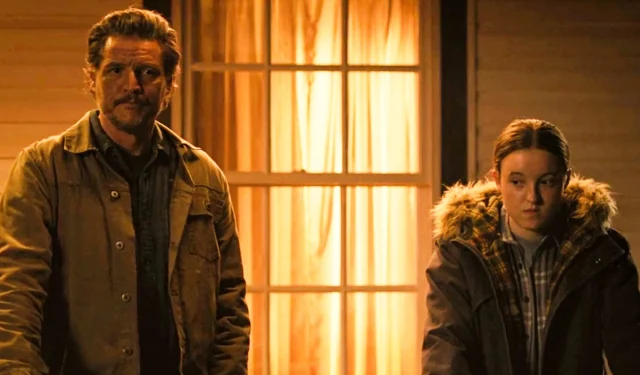Warning: This article contains SPOILERS for The Last of Us Season 2, Episode 6, and The Last of Us Part II game!
The Emotional Highs and Lows in The Last of Us Season 2, Episode 6
The Last of Us Season 2, Episode 6 features a poignant final scene between Joel and Ellie on their front porch, echoing moments from the acclaimed video game. The tragic demise of Joel in Episode 2 left an indelible impact on the series, marking the end of a character pivotal to both the narrative and its audience. While HBO is no stranger to eliminating lead characters, Joel’s portrayal by Pedro Pascal drew in a diverse array of viewers, making his revisits through flashbacks in Episode 6 particularly striking.
The narrative of Season 2 unfolds following a significant five-year time leap, filled with emotional complexities stemming from the tumultuous conclusion of the first season. This builds a foundation of tension between Joel and Ellie. In Episode 6, audiences witness highlights of their relationship—distinctly showcasing both their intimate moments and the tensions that arose, culminating in their final heartfelt conversation.
Ellie’s Confrontation with Joel: The Salt Lake City Revelation
Joel and Ellie’s Last Discussion Before His Death
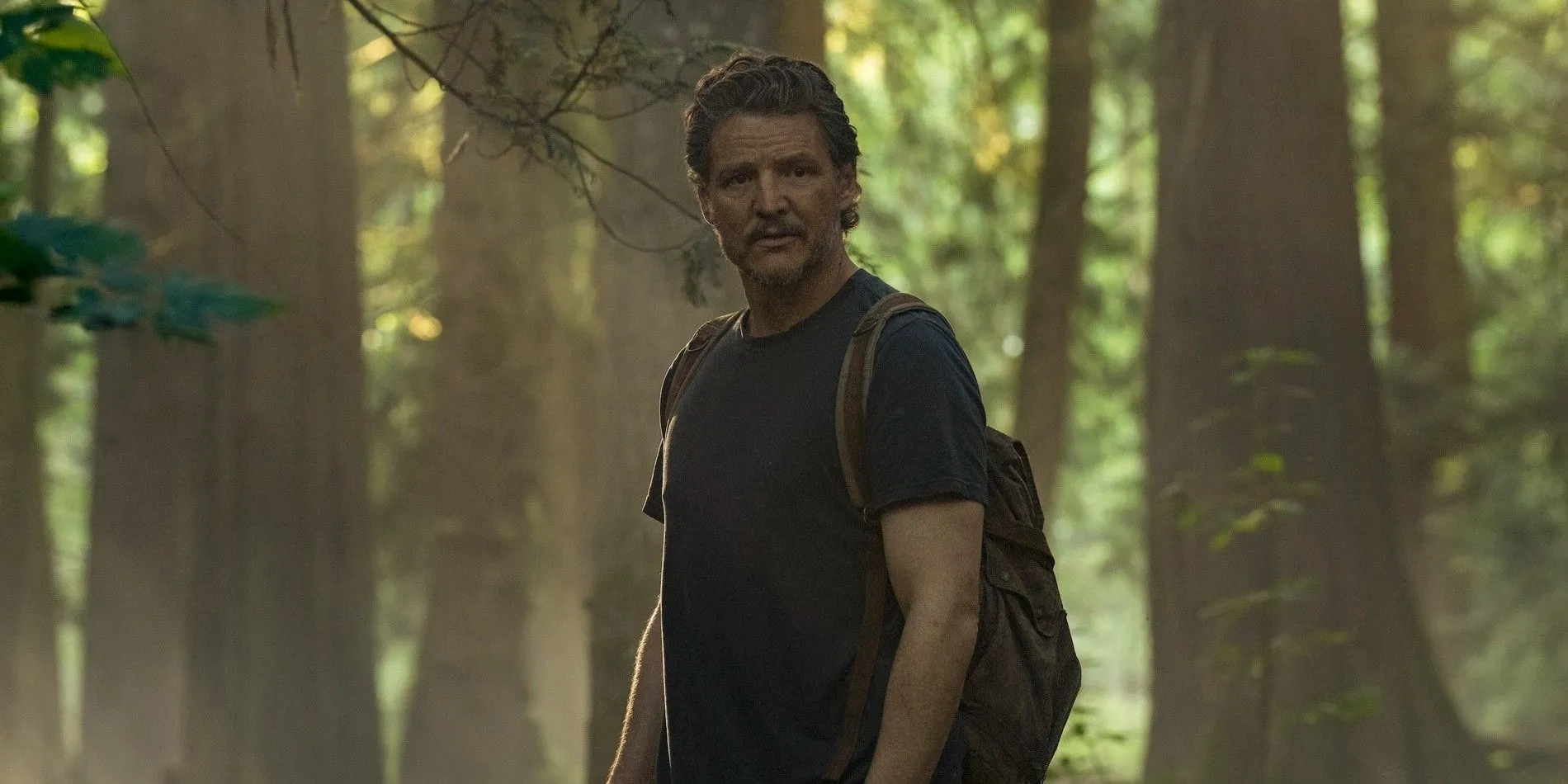
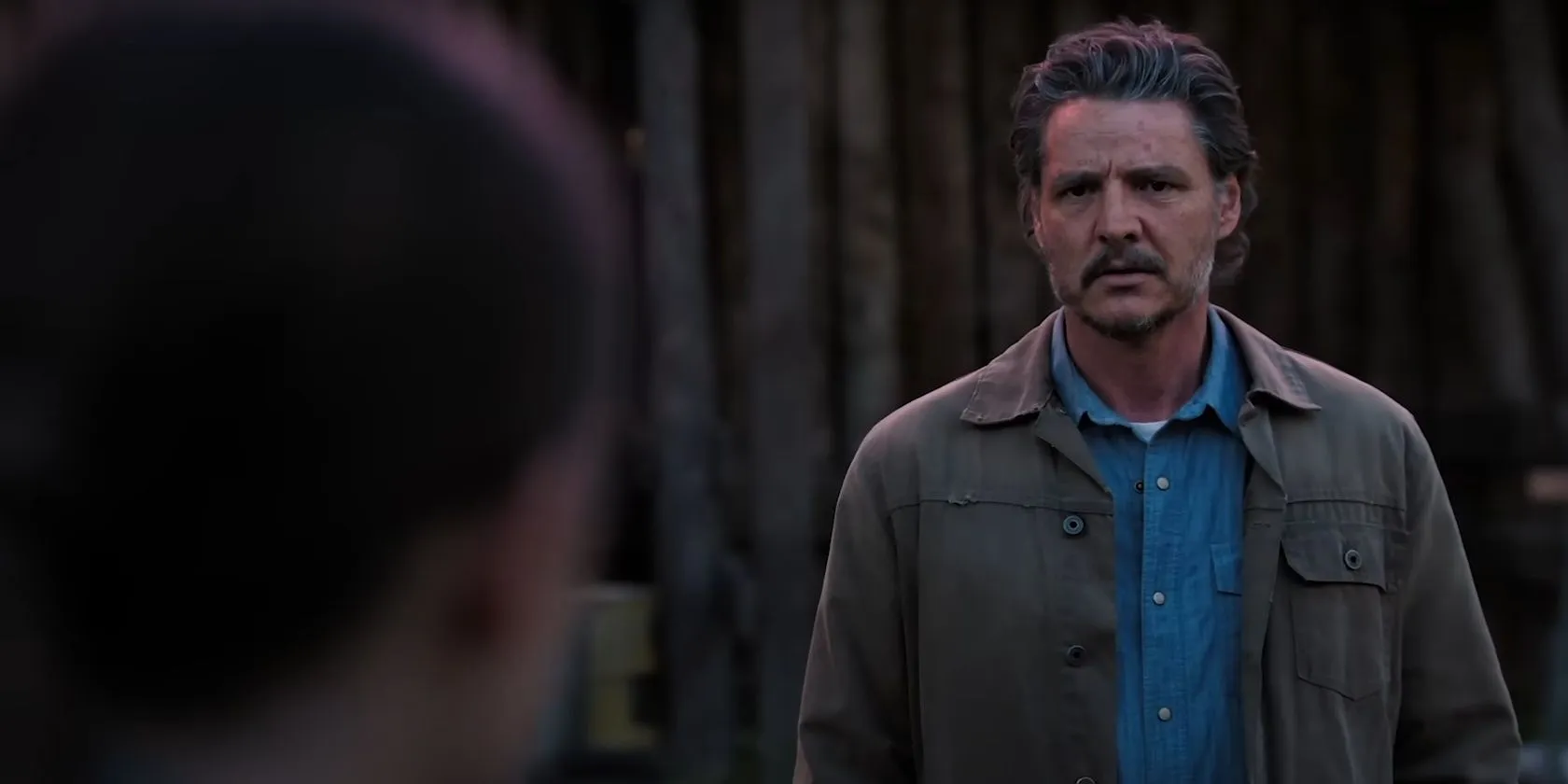
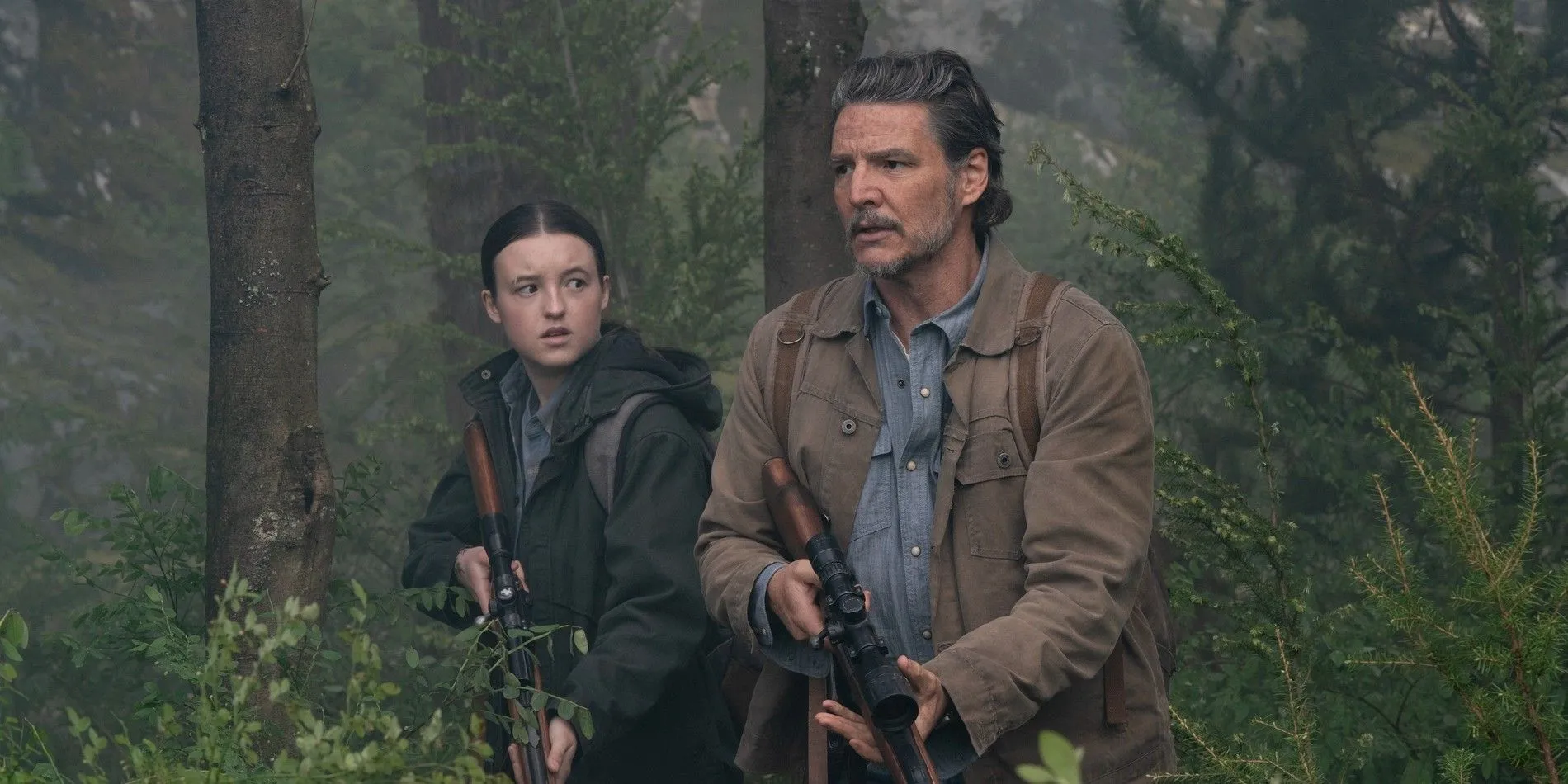
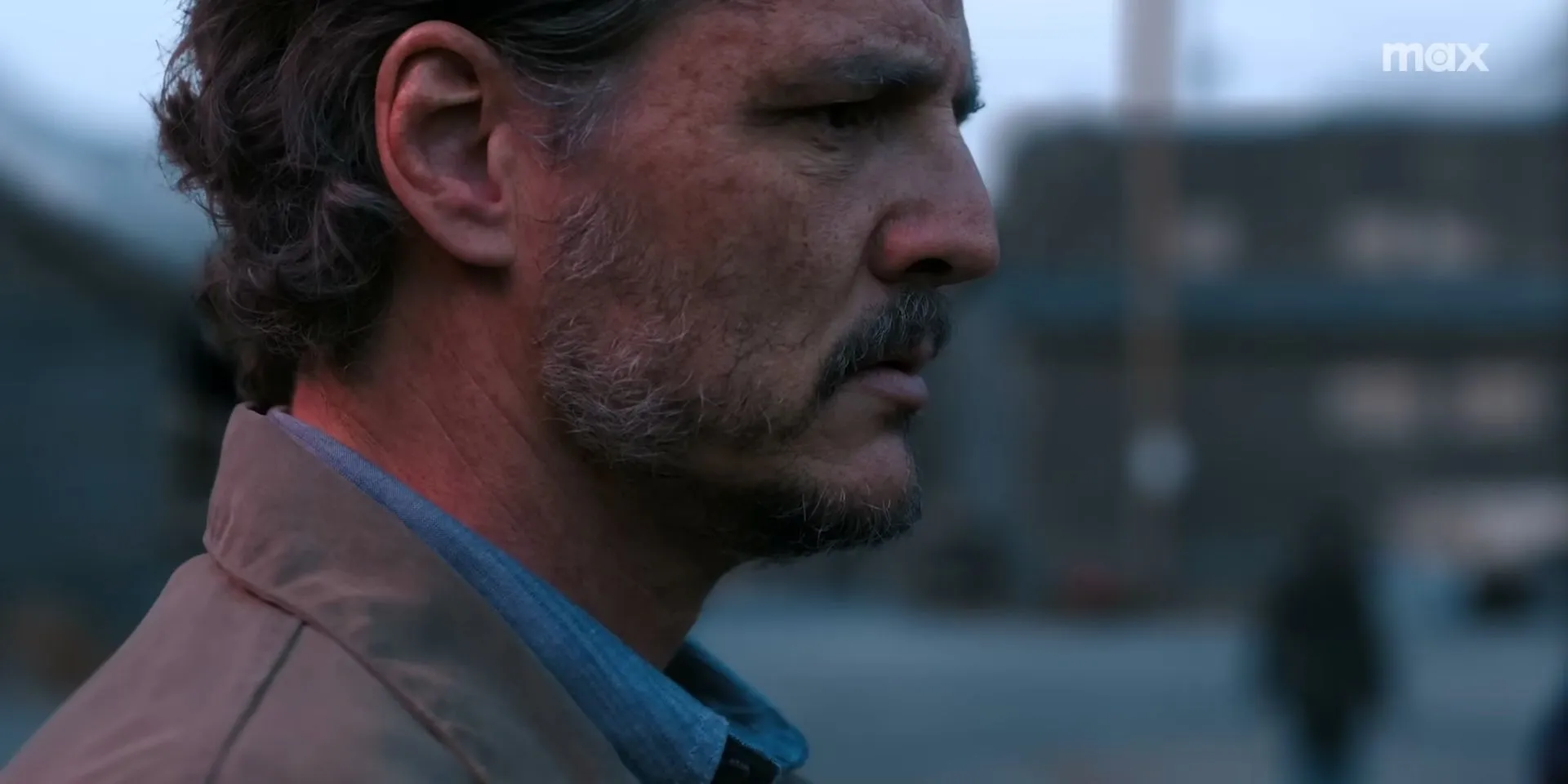
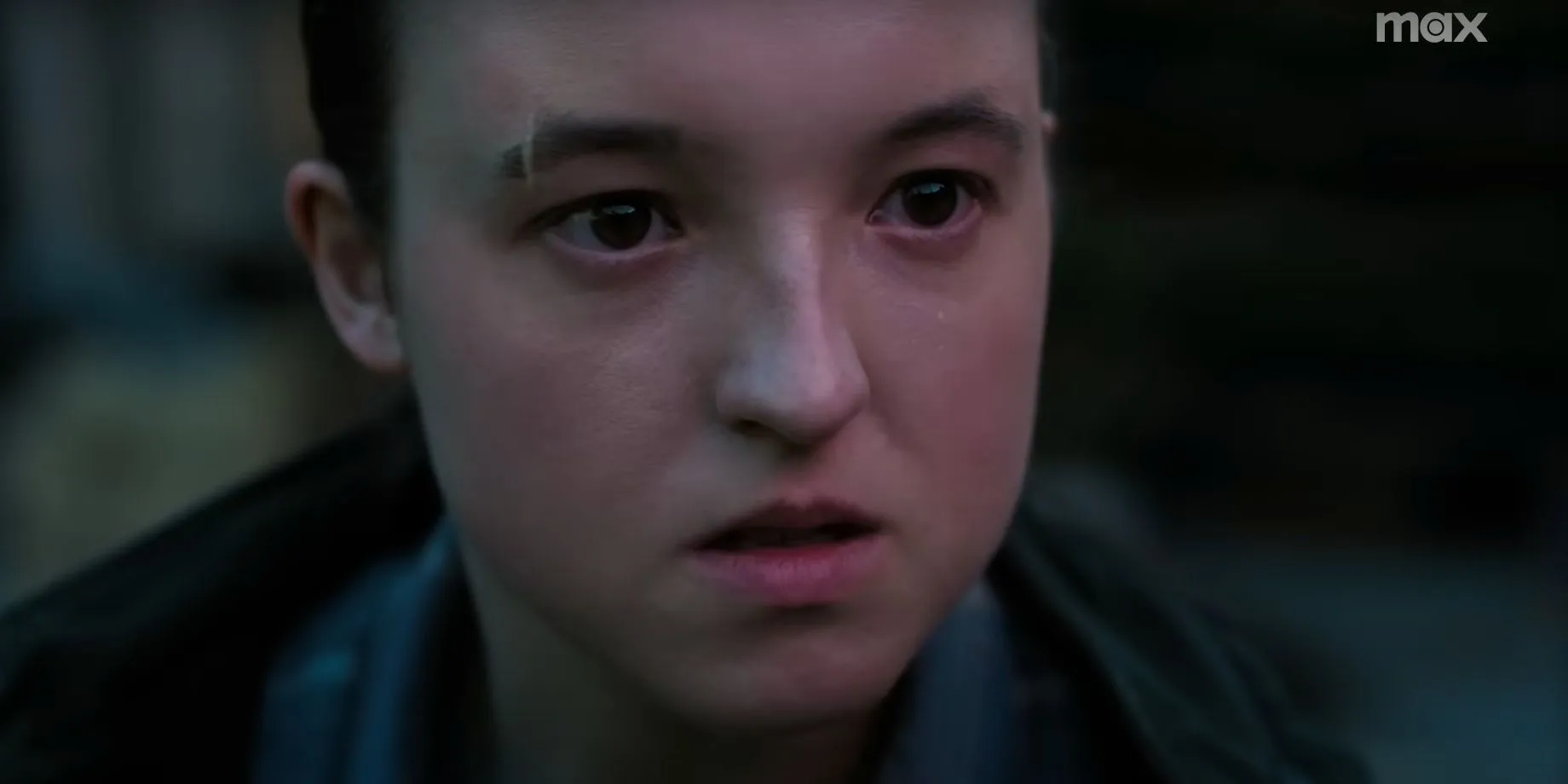
As we reflected at the conclusion of Season 1, the events that unfolded in Salt Lake City lingered heavily on Ellie’s conscience. Episode 6 illustrates how the repercussions of Joel’s deception widened the rift between him and Ellie over time. The maturation of Ellie continues to amplify her desire for clarity, leading to a strain even during their most joyous occasions. Notably, during her birthday celebration, the appearance of fireflies in the woods served as a painful reminder of her uncertainties regarding Joel’s past actions.
Ellie’s Anger Towards Joel’s Actions
Ellie’s Perception of Loss
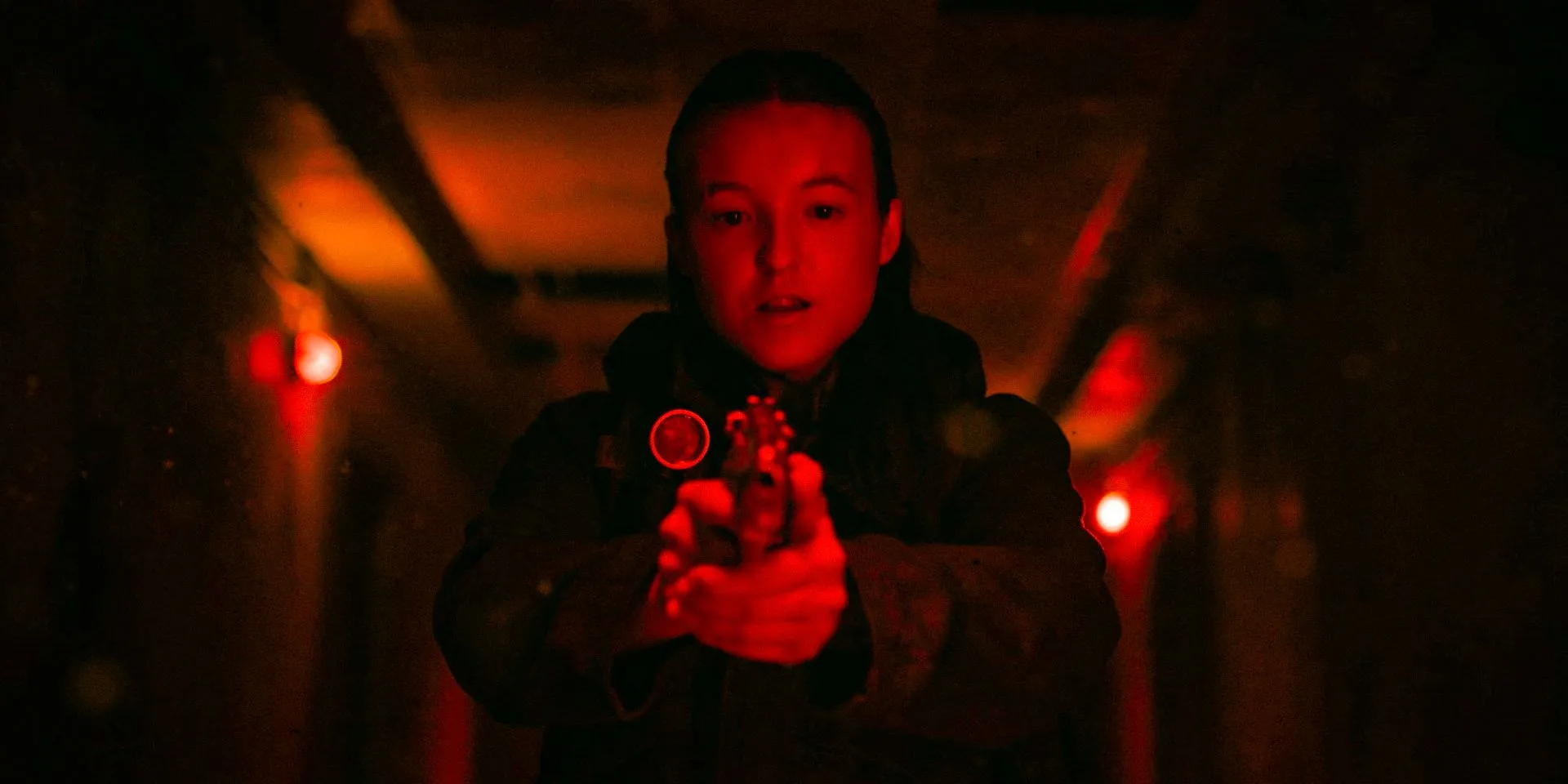
Image via Max
Joel’s decision to save Ellie’s life in Salt Lake City thrust him into a morally ambiguous territory. While he spared her, he simultaneously denied a potential cure to humanity, leading to dire consequences, including the death of Abby’s father, a crucial figure in vaccine development. This selfish act has serious implications, making Joel partially responsible for the suffering of many, including those like Eugene who have perished since.
Compounding this moral dilemma is the fact that Ellie was never given the opportunity to make an informed choice regarding her fate. The Fireflies intended to sacrifice her without her consent, and Joel’s actions stripped her of the agency to willingly embrace a greater purpose. Deep down, Ellie believes that she would have agreed to sacrifice herself if presented with the choice, adding to her resentment towards Joel.
Joel’s Justification for His Actions
Joel’s Deep Emotional Connection to Ellie
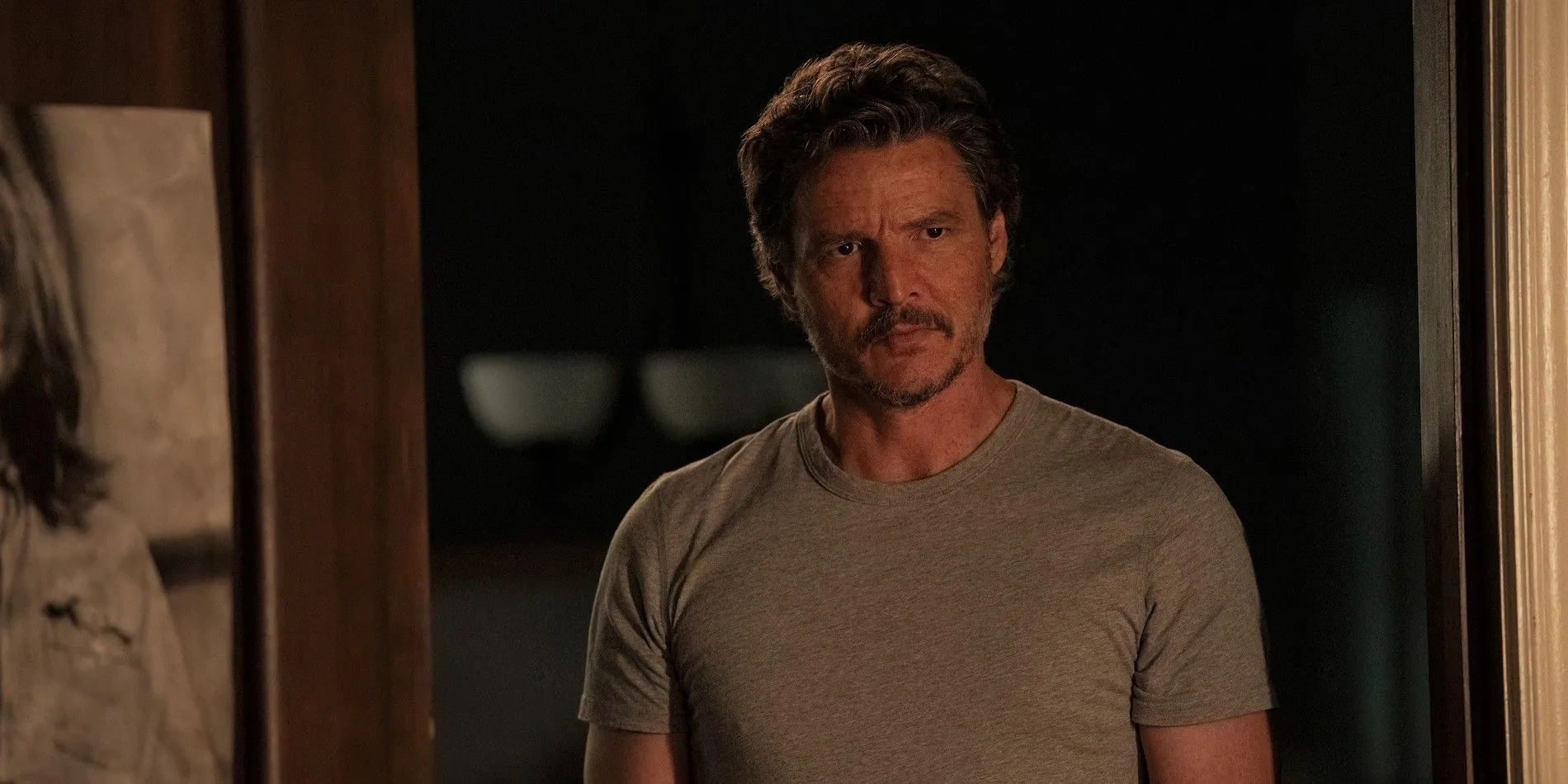
Despite Joel’s awareness of the broader ramifications of his decision, he ultimately chose Ellie’s life over the potential for a cure. Aware that Ellie would not have consented to his drastic choice—and still feeling the void left by Sarah’s death—his actions, although selfish, stem from a profound love for Ellie. His insight reveals the weight of his choice, admitting he would relive the same moment repeatedly if it meant preserving her life.
The bond nurtured between Joel and Ellie during their time together transcends mere companionship; it embodies a familial connection formed under extreme circumstances. Even after a brief span of shared experiences, Joel recognized that Ellie had become paramount to his existence, more vital to him than the collective struggle of humanity.
The Uncertainty of Forgiveness in Their Relationship
The Complex Dynamics of Joel and Ellie’s Bond
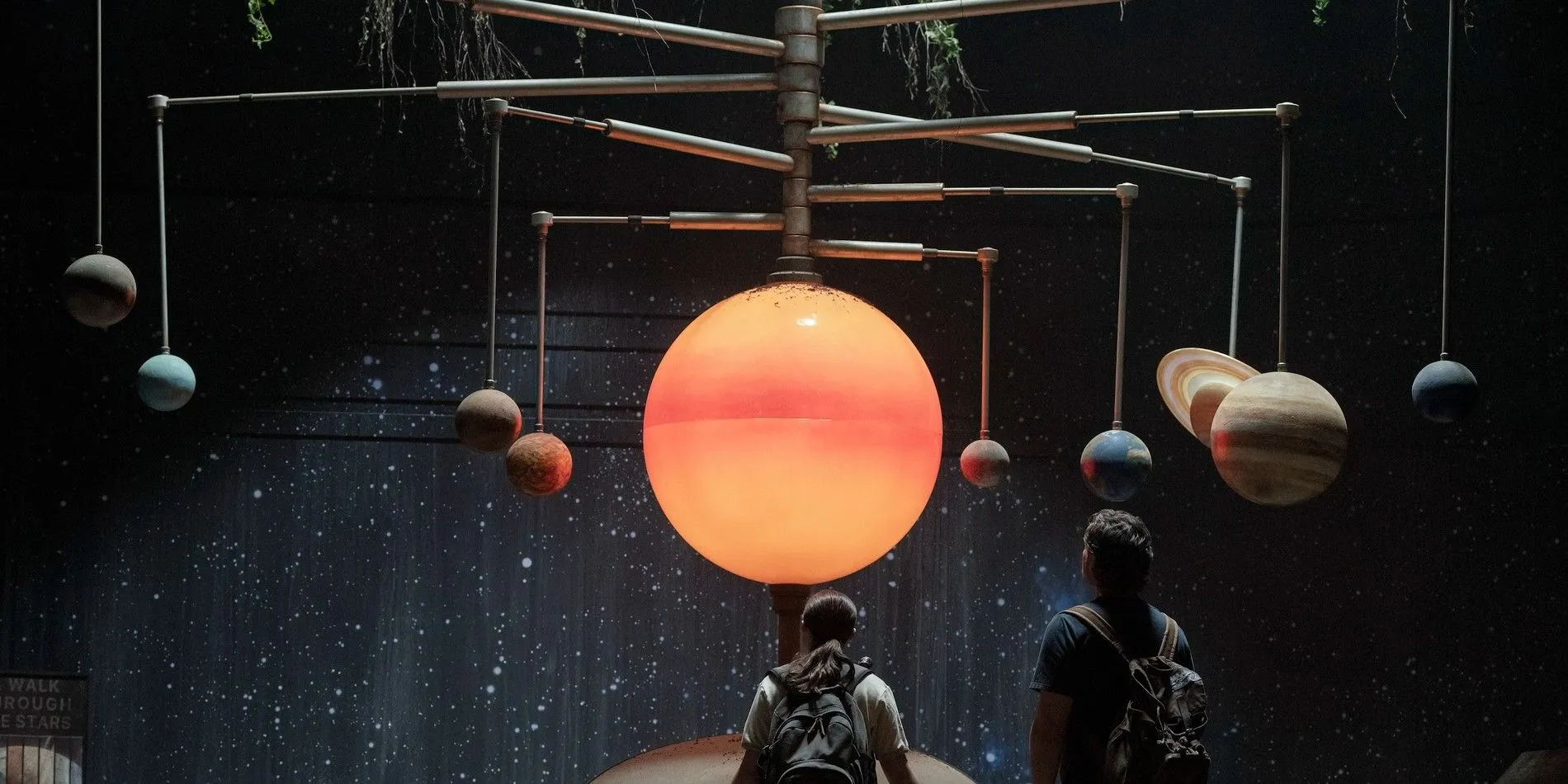
The trajectory of Joel and Ellie’s relationship remains ambiguous following his tragic passing. They both carry the heavy burden of their shared history and decisions made. Every trigger from death, like those incurred by bites, would evoke a flood of emotions—guilt and anger directed at Joel. Forgiveness would likely be a protracted journey for Ellie, compounded by the unresolved feelings following his death.
Season 2 raises pertinent questions regarding loss and the complexity of emotions associated with it. Ellie harbors a whirlwind of feelings—rage, guilt, and deep sorrow—yet acknowledges that Joel’s actions granted her the opportunity to enjoy life, complicating her perspective. His role as a companion provided her with solace amidst chaos, intertwining love with anger and resentment.
Ellie requires space to reconcile her conflicting emotions; a task made more challenging by Joel’s untimely departure. The critical aspect of her arc lies in how she was once again deprived of the opportunity for closure. Processing her feelings would demand time—perhaps years—but she was thrust into a new layer of trauma shortly after, rendering her emotional journey infinitely more challenging.
A Comparative Analysis of the Porch Scene and the Game
Key Differences from the Video Game
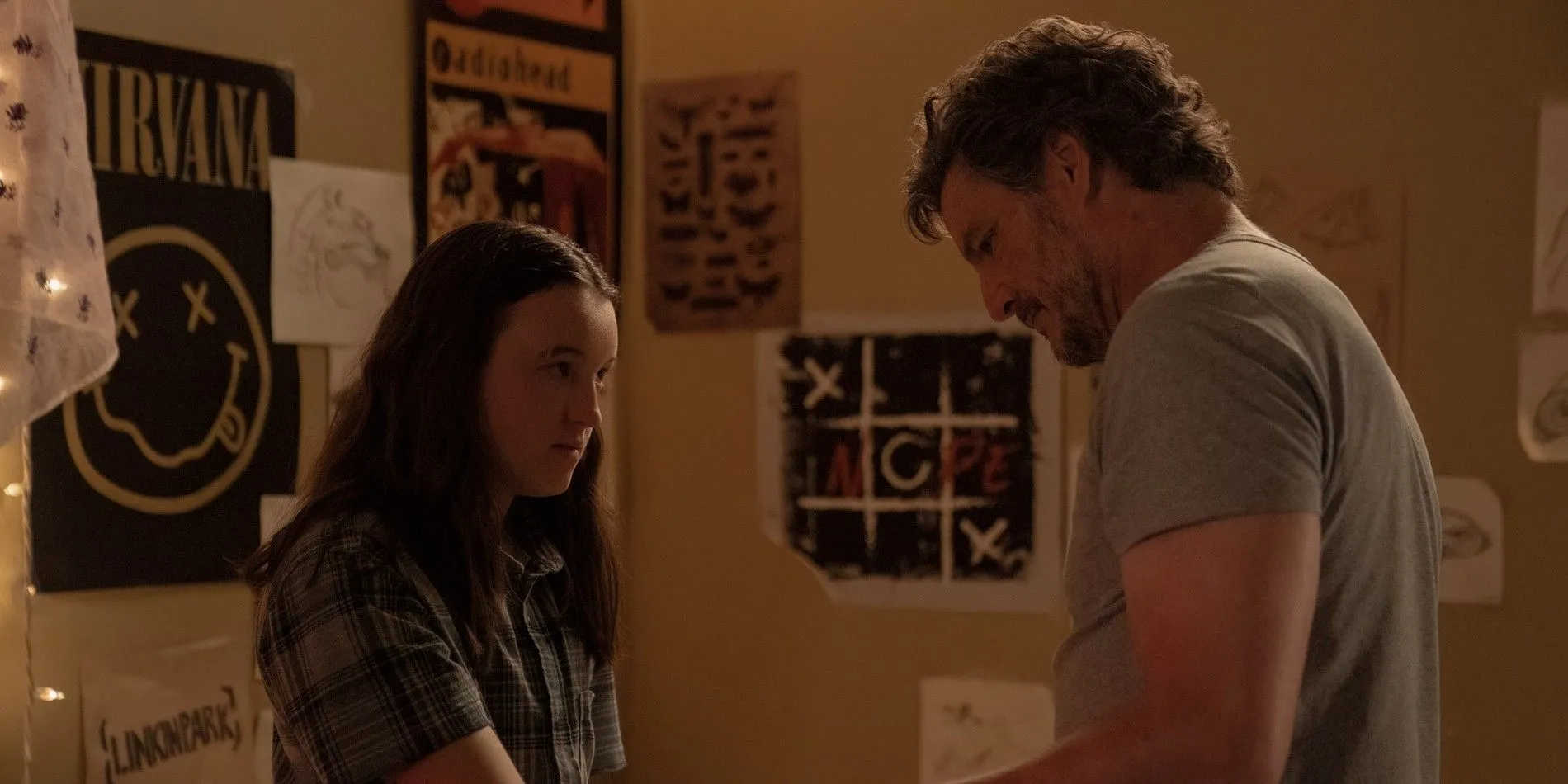
Joel’s declaration that he would choose the same path again, along with Ellie questioning her capacity for forgiveness, draws directly from The Last of Us Part II. The substantive difference lies in the narrative’s framing: instead of concluding their journey amid the chaos of a New Year’s Eve celebration, the series granted their last interaction a tone of hope. In both adaptations, the relationship between Joel and Ellie is left open for reconciliation.
